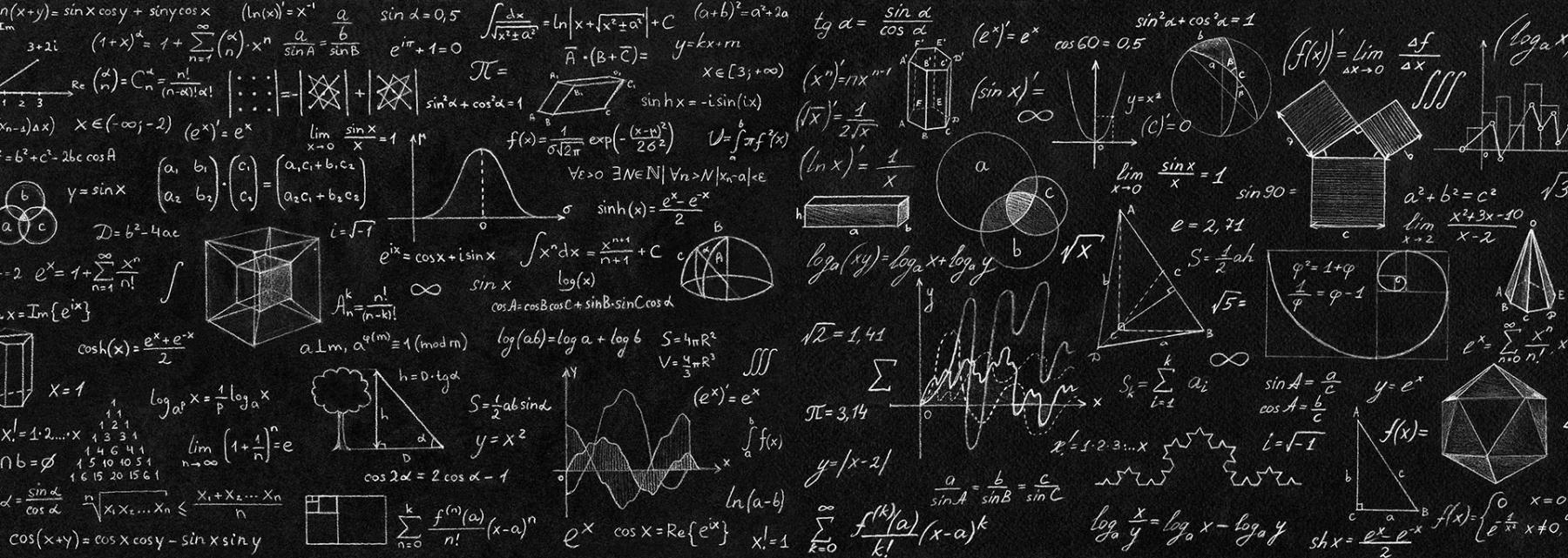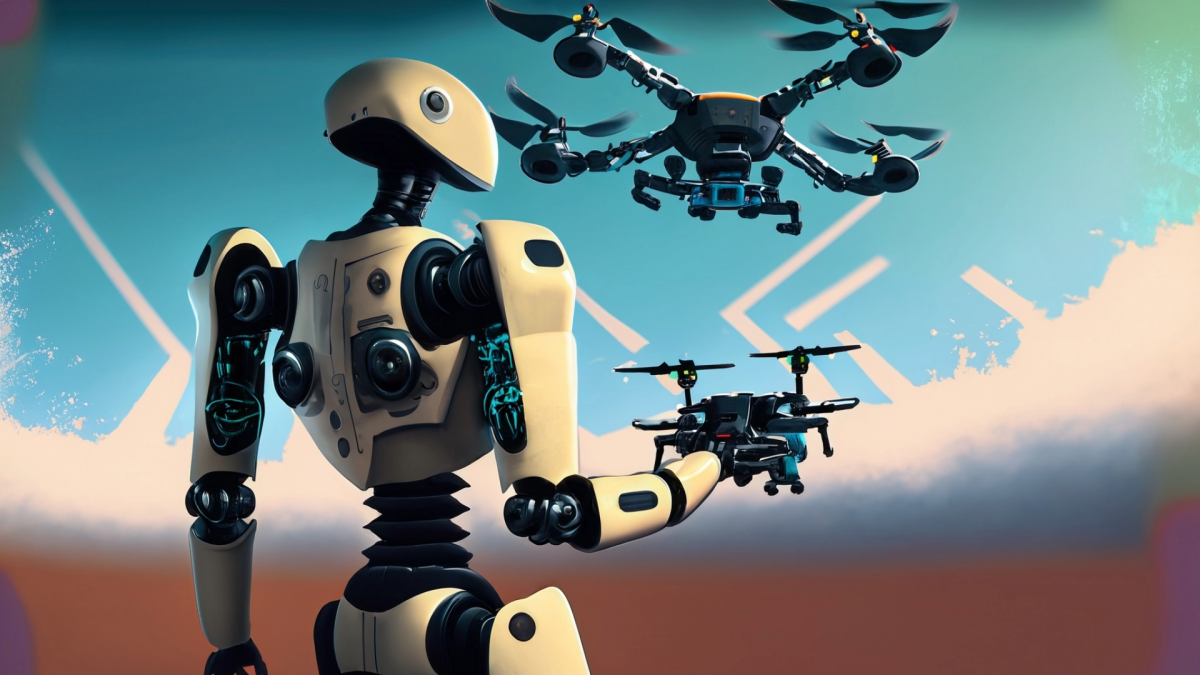
Roller Coaster Marble Run
by Patricia "Trish" Simmons
In this hands-on lesson, students will have a teacher read aloud: "Rosie Revere, Engineer" and discuss the importance of perseverance and imagination while creating, building, and testing. They will work in teams of 3 to create Roller Coaster Marble Runs out of thin foam pool noodles cut lengthwise. Students will use masking or painter's tape to assemble foam channels in various configurations to explore force and motion. They will record and share findings in a variety of ways, based on choice.
Lesson Grade Level
1st GradeLesson Plan Link/URL
https://docs.google.com/presentation/d/1FXLQOSFgojV5U-YjIwEHRwTAfyV0LtAh/edit?u…Subject Area
Science Physical Science P2: Objects at a Distance P3: Net Force P4: Energy Transfer Engineering S2: Apply the Engineering Design Process S4: Apply Science to Engineering S6: Apply Communications to Engineering Mathematics Measurement and Data (MD) English Language Arts (ELA) Reading (Literature) Writing
Featured
Off
Related Content

Grades:
3rd Grade, 4th Grade, 5th Grade, 6th Grade, 7th Grade, 8th Grade, 9th Grade
Engineers often create small-size models of a new product to test its design. This is especially true with airplanes. Model testing tells engineers how a design responds to different air conditions

Grades:
Kindergarten, 1st Grade, 2nd Grade, 3rd Grade
Students will learn about the engineering design process by working in small groups to identify a problem, then design and create a solution, inspired by the main character's creativity and problem

Grades:
9th Grade, 10th Grade, 11th Grade, 12th Grade
This STEM Argumentative Research Project engages students in exploring the scientific, ethical, and societal implications of themes in Mary Shelley's "Frankenstein." Students will work in groups to